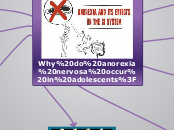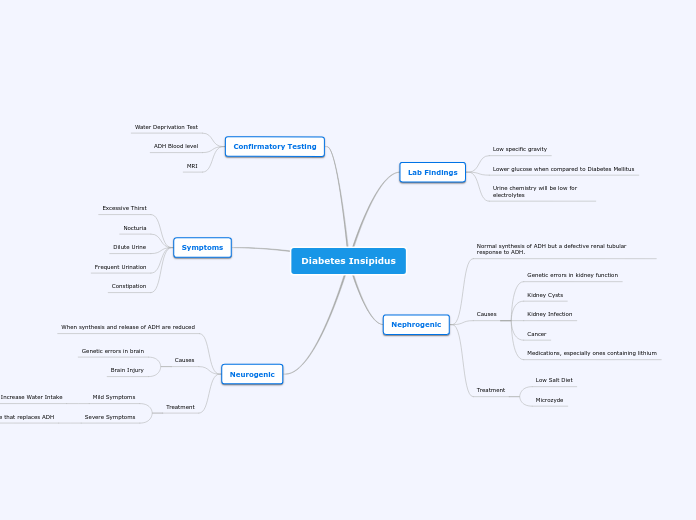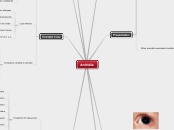по Emily Bastidas 6 лет назад
262
Why do anorexia nervosa occur in adolescents
Anorexia nervosa is a serious mental illness that predominantly affects young people, especially during their teenage years. It is characterized by excessive weight loss and a persistent obsession with thinness.









